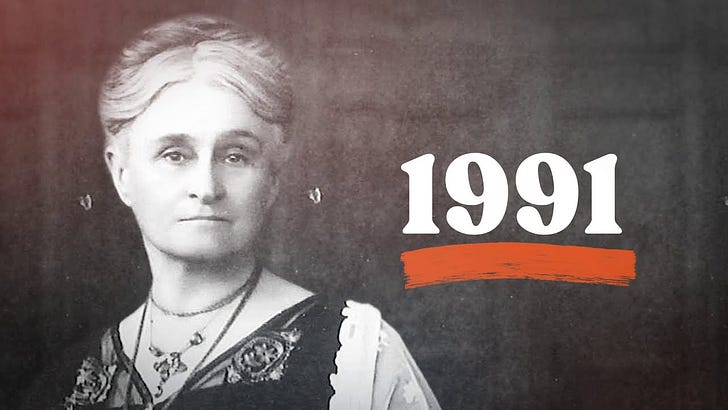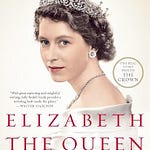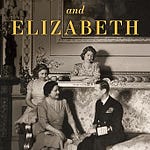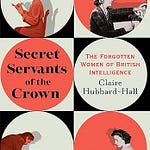On a bright day in 1921, history was made in West Perth, Australia. Edith Cowan, a mother of six and grandmother entering her sixties, stood at the threshold of the Legislative Assembly. Her hands, weathered by decades of work and advocacy, tightened around the brass handle of the door. With a deep breath, she stepped inside, becoming the first woman in Australia and second in the British Empire to sit in Parliament. Her victory had been narrow. Just 46 votes. But it was enough to shatter centuries of political exclusion.
Edith's path to victory had begun just a few weeks prior. Initially, she felt hesitant to run. She knew all too well the criticism and scrutiny that would accompany such a groundbreaking campaign and her time in office if she were to win. Many Australians were vocal in their belief that women did not belong in political office. Any man would be better for the position. One journalist wrote, "A parliament composed wholly or mainly of woman politicians is not a prospect to be regarded with enthusiasm. Were political office to become the ambition of the Fair Sex, and were standing for Parliament to become the latest craze of fashion, there would be many dreary and neglected homes throughout the country sacrificed on the altar of political ambition."
But Edith was no stranger to hardship. Tragedy had been a staple throughout her life. In 1868, when Edith was only seven years old, her mother died in childbirth. The young girl was left in the care of her grandmother and occasionally her father, a violent alcoholic who, a few years later, murdered his second wife. He was executed shortly after, leaving Edith orphaned as a teenager.
Edith channeled the sadness and trauma into school and then into a working life focused on the welfare of women and children. She started organizations to help both, fighting for better education and access to healthcare. She also fought against domestic violence and drunkenness. Then, Edith became involved in the burgeoning women's suffrage movement.
Unlike in other parts of the world, the suffrage movement in Australia was relatively peaceful and highly organized. Activists focused on lobbying, petitions, and public education. Their efforts bore fruit remarkably early: in 1902, Australia became the second country in the world to grant women, though not aboriginal women, nationwide suffrage.
While women now had the right to vote, they didn't have the right to run for office. That was granted in 1920, a year before Edith's election. It would take two more decades for a woman to hold national office in the country.
Still, Edith recognized the importance of her election. In her first speech in parliament, in which she was disrespected by fellow politicians who chose not to keep to the tradition of being silent, she said,
"Many people think … that it was not the wisest thing to do to send a woman into Parliament … [yet] the views of both sides [men and women] are more than ever needed in Parliament today."
Edith served one term in office, losing her seat in the 1924 election. During her term, she introduced two bills that became law. "The first cemented the right of women, married or single, to enter the professions. The other gave inheritance rights to women whose adult children died without having made a will and without having had children of their own."
In 1932, Edith passed away at the age of 70, leaving a lasting legacy. Her groundbreaking election inspired generations of women to challenge societal norms and pursue leadership roles. And today, her image graces Australia's fifty-dollar note while Edith Cowan University is the only university in Australia named after a woman.
Sources:
"Edith Cowan." Anika Wells MP Member for Lilley, https://anikawells.com.au/news/speeches/edith-cowan/
Brabazon, Tara. “Whiteboard, Docs & a Boa: Edith Cowan and the Making of Political Women.” AQ: Australian Quarterly, vol. 75, no. 4, 2003, pp. 28–40. JSTOR, http://www.jstor.org/stable/20638194. Accessed 7 Jan. 2025.
“Edith Cowan.” National Museum of Australia, https://www.nma.gov.au/defining-moments/resources/edith-cowan
"International Woman Suffrage Highlights." Oregon Secretary of State, https://sos.oregon.gov/archives/exhibits/suffrage/Pages/timeline-international.aspx
“Political Pioneer.” Australia’s Defining Moments. https://digital-classroom.nma.gov.au/defining-moments/first-woman-elected-australian-parliament
“The Story of Edith Dircksey Cowan.” Edith Cowan University,












Share this post